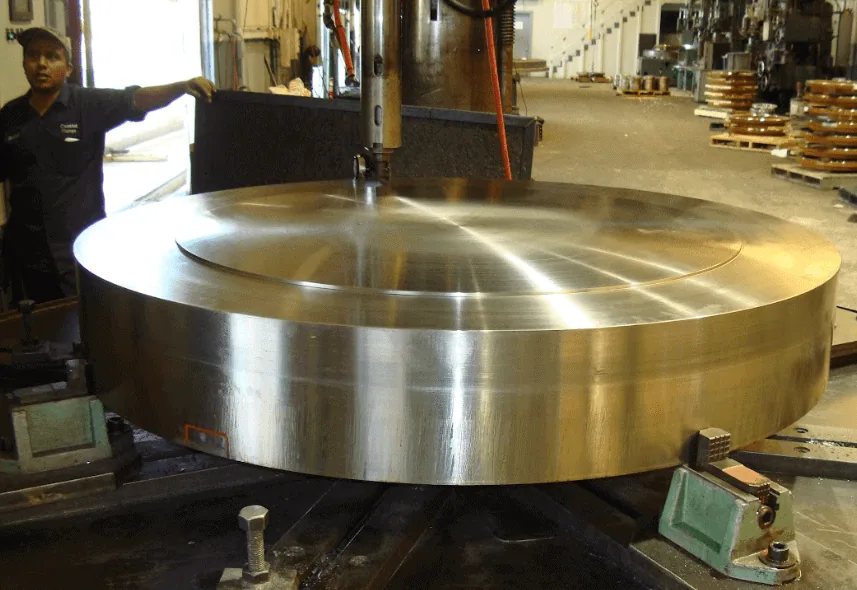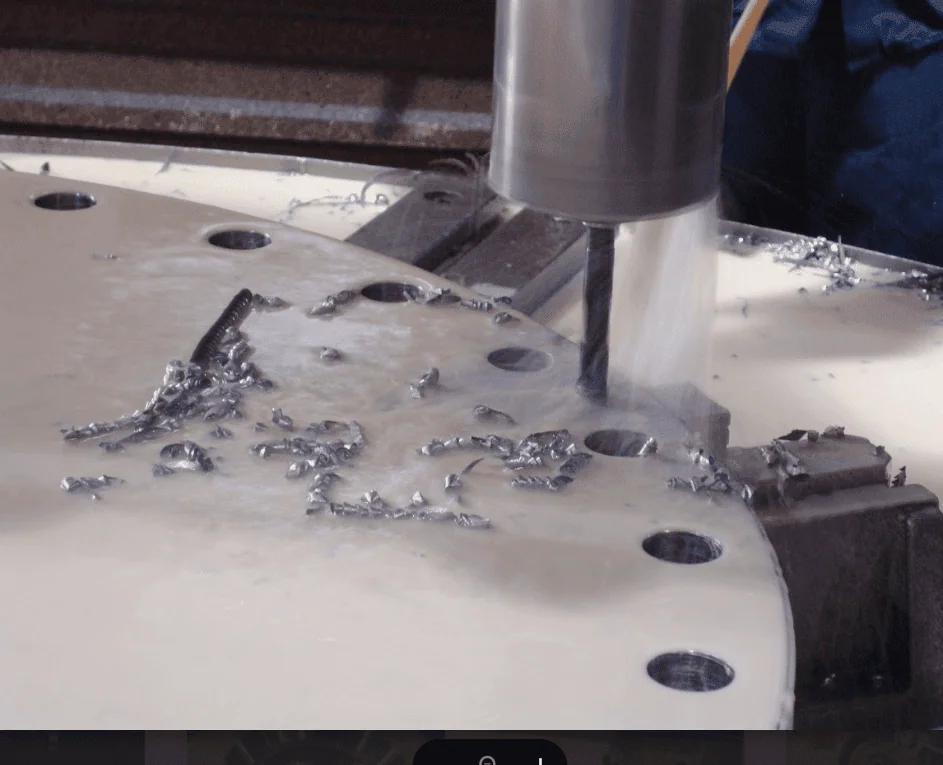Blind flanges are designed to seal off the end of a pipeline system and are typically constructed using steel. They create a secure and airtight seal at the end of a pipe or valve. Moreover, they are available in various materials, shapes, and sizes to handle different pipeline systems’ requirements.
Choosing the right flange for a pipeline system ensures reliable performance, prevents leakage, and maintains safety. In this article, we will explore the various factors when selecting the right products to ensure the system’s smooth operation.

Key Considerations When Selecting the Right Blind Flanges
When selecting the best components for a pipeline system, several key factors must be considered to ensure optimal performance and safety. These factors include the following:
Pipeline Size and Type
Matching the size of the flange to that of the pipeline ensures a secure and leak-proof seal. Any size disparity can lead to leaks, requiring costly repairs and causing downtime.
The pipeline type is also an essential consideration as it influences the selection of the flange material. For example, pipes carrying hazardous fluids require flanges made from specific materials to withstand harsh conditions. The pipeline type can also influence the design and shape of the blind flange. Pipes and valves transferring fluids under high pressure require thicker flanges. Conversely, those carrying liquids under a vacuum necessitate attachments with a raised face to create a tight seal.
Flange Material
The material used in making a flange is crucial because it determines the component’s strength, durability, and resistance to corrosion and temperature changes. Flanges can be made from various materials, such as steel, stainless steel, and cast iron.
Steel flanges are widely used in industrial applications because they possess high strength and durability. Similarly, stainless steel flanges are popular due to their corrosion resistance, making them suitable for pipelines carrying corrosive fluids. Meanwhile, cast iron flanges are less expensive than steel and stainless steel and are ideal for pipelines carrying non-corrosive fluids.
Flange Dimensions
The dimensions include the flange diameter, bolt circle diameter, number of bolt holes, bolt size, and thickness. The flange diameter is the outer diameter of the flange, which should match the diameter of the pipe it connects. Meanwhile, the bolt circle diameter is drawn through the center of the bolt holes, and it should match the pipeline’s diameter.

The pipe’s pressure rating determines the number of bolt holes, bolt size, and flange thickness. However, it is also essential to note that flange dimensions vary depending on the component’s type and standard, such as ANSI, API, and ASME. Therefore, it is vital to refer to industry standards to ensure the correct dimensions are chosen for a particular system.
Pressure Rating
A flange’s pressure rating indicates its capacity to resist pressure without experiencing leakage or failure. The pressure rating is also linked to the maximum allowable working pressure (MAWP) and temperature rating, which differ depending on the rating. Therefore, selecting a flange with a pressure rating more elevated than the pipeline’s operating pressure is crucial to ensure efficient operation.
Compatibility With Gaskets
Gaskets are materials between the flange faces to create a tight, leak-proof seal. However, the gasket material and design may vary depending on the flange type and material used. For example, soft gaskets made from rubber or PTFE are ideal for low-pressure applications, while metal ones are suitable for high-pressure applications.
Choose Coastal Flange for High-Quality Blind Flanges
With over 100 years of industry experience, Coastal Flange is the right partner for all your pipeline system needs! Our inventory comprises a selection of blind pipe flanges, including carbon, stainless steel, and alloy in all steel material grades. We also produce custom weld neck pipe flanges catering to individual customer requirements.
Contact us to learn more, or request a quote to partner with us today!
